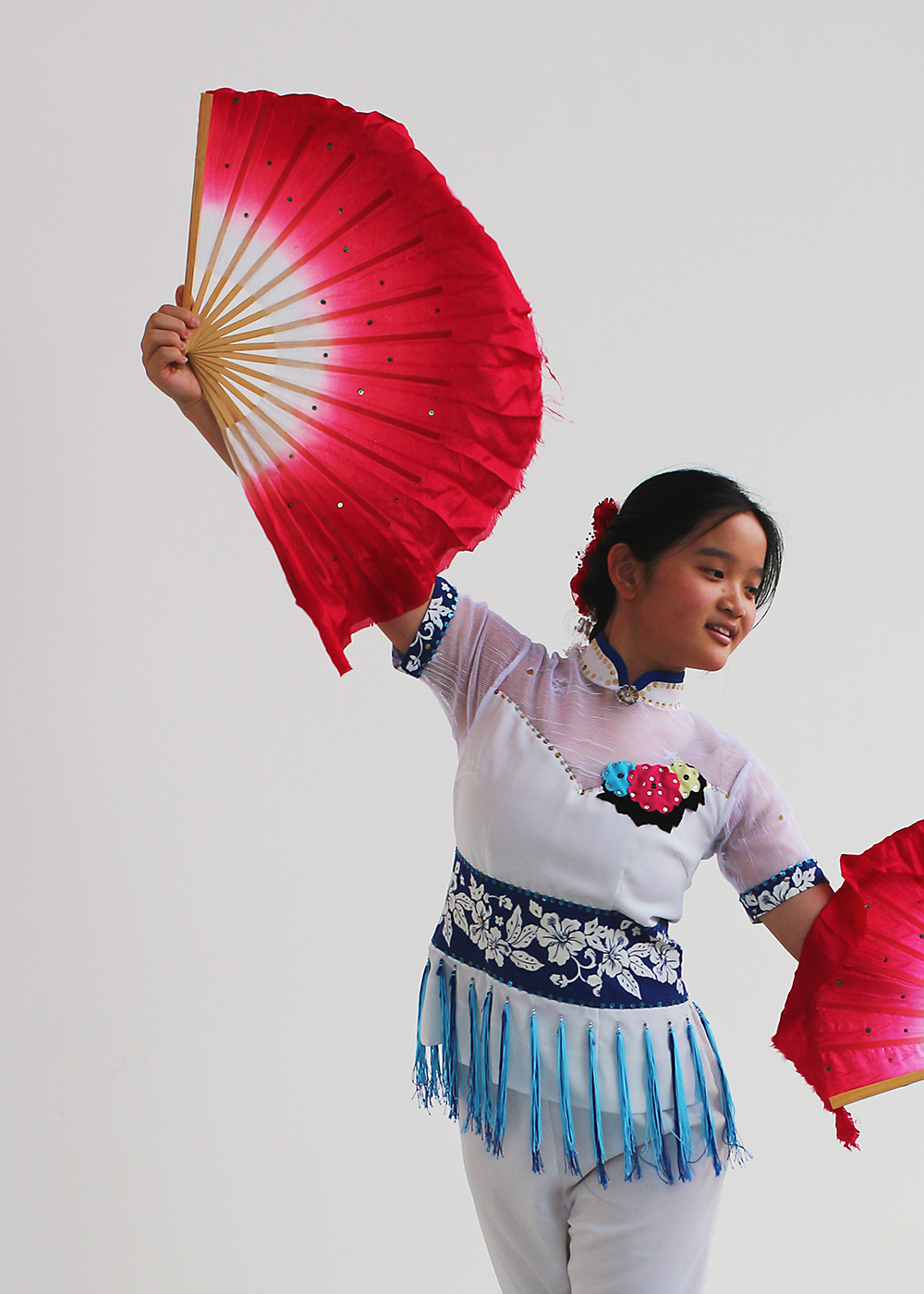HBA Adoption Stories


Her adoptive parents, Tony and Karen Lee, named her Mei Mei after the plum flower that grows during the winter. To the Lee family, the flower is a constant reminder of Annemarie’s survival through the harsh winters in China before her adoption.
Annemarie spent the first years of her life in an orphanage called the Beijing Welfare Institute. According to Tony and Karen Lee, the orphanage was a run-down concrete structure and had limited resources. Many orphans died in less than a year at the orphanage due to frigid winter conditions. Annemarie was one of the few children that endured the severe conditions. “I still wonder how it was all possible,” says Annemarie Lee. “I am blessed to be alive and now I am able to [see] that the Lord was working in my life even though I didn’t ask him to.”
Aside from faint memories of looking at her reflection in a pool with her adoptive mom and of scampering around while dragging a plastic bag behind herself, Annemarie only remembers a few things from the initial years after her adoption. She recalls hoarding dry foods, such as noodles, unaware that there was a refrigerator full of food she could easily go to. Over time, she built a trust with her adoptive parents as she grew accustomed to her new family in Hawaii. According to Tony Lee, Annemarie took the news of her adoption easily and quietly. Annemarie says, “[Adoptive parents] should know that [their] work will show as the child grows up and understands what [they] did for [him or her]. It will take time; patience with the child and themselves is necessary for building a strong relationship.”
[one_third]Junior Annemarie Lee
[/one_third]Now, at seventeen years old—as a high school junior—Annemarie’s days are mostly consumed by school work, particularly her AP English homework. She finds her joy in dancing, painting, singing, and acting, and is willing to try anything new that comes her way. Annemarie embraces her Chinese culture through dance and has visited China on numerous occasions with her adoptive parents, who are also Chinese. “Don’t lose sight of your own culture and don’t think that the only way to be loved is to fit in,” she encourages other adopted children. “Once both sides learn to respect each other’s differences, it becomes much easier to deal with any gap.”
The Coryells
HBA teachers Derek and Valerie Coryell became adoptive parents in 2013 when they adopted a five week old baby girl from Japan. They named her Novella Coryell. According to them, the process of international adoption can get long and complicated.
“What has been a real headache is all the logistics,” says the Coryells. “Lawyers, government agencies, fees, notaries, forms, citizenship documents, court dates, fingerprints, inspections, home studies, medical records, renewals of forms, translations, taxes, reports—the list goes on and on.” They encourage prospective adoptive parents to start the process early since adoption can take years to finalize.
In spite of the stress from the administrative side of adoption, the Coryells find comfort in raising Novella. They say she has immense curiosity for the many things her new life offers. She’s attracted to small, noisy objects, like keys and kazoos, and is constantly climbing on things around the house. She enjoys taking baths and trying to pronounce words like “moon”, “milk”, and “berries.”
Derek and Valerie Coryell can’t imagine Novella with another family and are struck by how much their older daughter, Verily, and her grandparents have quickly grown to love Novella as part of the family. “If Novella had stayed in Japan, she would most likely not have any of this,” say the Coryells. “It pains us to even think about this, but there are many children in Japan who grow up in orphanages, with no chance of a “better life”, no chance of being adopted, and almost no hope of seeing their parents on birthdays or other special occasions.”
The Nishimiyas
Similar to the Coryells, the Nishimiya family adopted Ricci Quijano from the Philippines in 2013. Today they call him Joshua Ricci Nishimiya. Joshua was adopted at 22 months old. According to his adoptive parents, Joshua’s transition into a new life in Hawaii was difficult at first. He was frightened of things such as grass, branches, and leaves, since his orphanage only took him outside once every three months. Today, he plays many outdoor sports and enjoys eating sweets. Like Annemarie Lee’s parents, Joshua’s parents have been very open to him about his adoption.
[one_third]Junior Sam Nishimiya
[/one_third]Junior Sam Nishimiya, Joshua’s older brother, remembers the time when a home study—a legally required process in which a home environment is assessed for suitability prior to adoption—was conducted before Joshua was adopted. “Home study would come and ask me if I wanted an adopted brother… and I would just say yes. Eventually a two year old boy was seen around the house everyday and he was my brother,” Sam says. With older sister and HBA alumna Lindsey attending college in Texas, Sam takes on the responsibility of watching Joshua when his parents can’t. “Most times I don’t even remember that he is adopted,” says Sam. “I just see him as my brother, not as my adopted brother.”
Many people, including his parents, tell Sam that Joshua resembles a younger version of himself. To that, Sam Nishimiya replies, “He’s going to be a good looking fella.”
